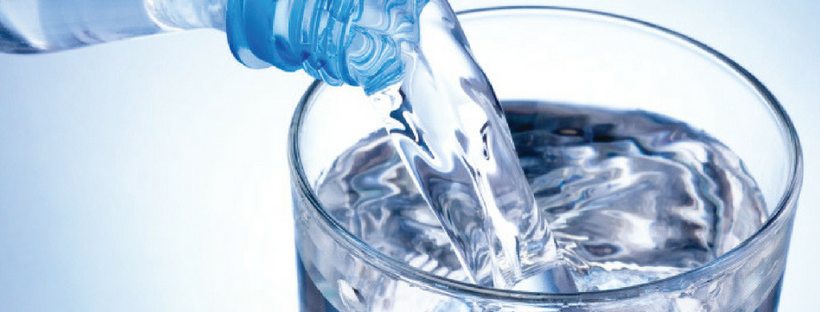As we age, we tend to lose more water than when we were younger because our body’s ability to conserve water diminishes. Making matters worse, seniors’ thirst signals do not function as well as they once did, and therefore they may not even realize they’re thirsty. Seniors may also have a harder time getting up to stay hydrated, which may mean they ignore their body’s own warning signal.
The fact is that dehydration can lead to a number of serious health problems: Seizure, heat stroke, and fainting are just a few of the problems associated with seizures. Severe dehydration can lead to a reduction in blood volume, urinary tract infections, and kidney failure.
Some of the early signs of dehydration include dry mouth, muscle cramps, lightheadedness, confusion, weakness, and heart palpitations.
Dehydration can easily be treated by drinking water or a sports drink. It’s important that seniors be reminded to stay hydrated because they may not even realize that they have not drunk anything in a long period of time. One of the best things to do is to keep bottles of water close to areas where they often lounge – especially for those with mobility challenges.

